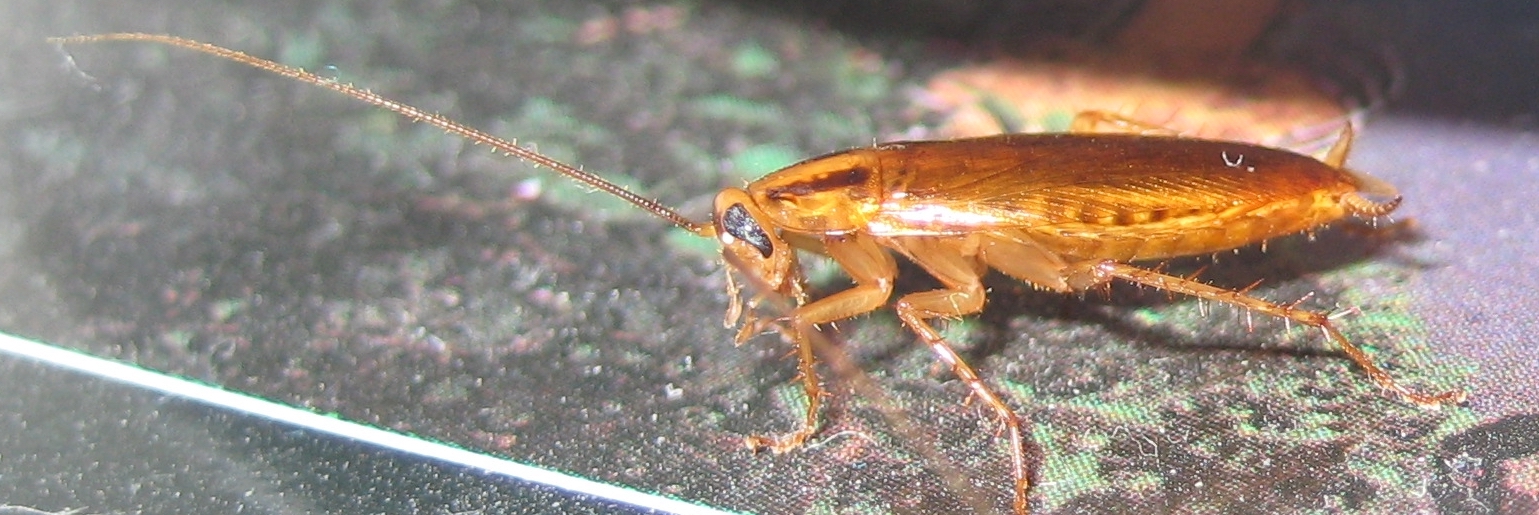Nutritional signals in Insects Lab
The main goal of this lab is to understand how nutrition regulates key physiological processes in insects. Thus, its main interest lies in unravelling how the insulin receptor pathway controls reproduction, and also how insects regulate the expression of insulin-like peptides (ILPs), the putative effectors of the signalling pathway. In addition to this, the Nutritional Signals in Insects lab, in collaboration with the Insect Reproduction Lab, studies how interference RNA (RNAi) works in insects, the enzymes involved and their functions and the mechanisms of production and selection of the small interfering RNAs (siRNAs) that are generated.
Lab website: Maestro Lab
Rey-Alfonso Á, Maestro JL, Chauvigné F, Gómez-Garrido J, Alioto T, Bossier P, Finn RN, Cerdà J. 2025. Co-opted and canonical glycerol channels play a major role during anhydrobiosis of an extremophile crustacean. BMC Biology, 23:151. DOI: 10.1186/s12915-025-02262-3.
Pagone V, Pujal D, Maestro JL. 2025. An insulin-like peptide specific for a cockroach male reproductive gland. PLoS One, 20(8):e0329852. DOI: 10.1371/journal.pone.0329852.
Büscher TH, Appel AG, Lüddecke T, Kostal V, Vale PF, Clissold F, Maestro JL, Numata H, Tomioka K, Wybouw N, Teets N, Bruce TJA. 2025. Key questions for future research in Physiological Entomology. Physiological Entomology. 50, 1-9. DOI: 10.1111/phen.12481.
Pujal D, Escudero J, Cabrera P, Bos L, Vargas-Chávez C, Fernández R, Bellés X, Maestro JL. 2024. Functional redundancy of the three insulin receptors of cockroaches. Insect Biochemistry and Molecular Biology, 172(July):104161. DOI:10.1016/j.ibmb.2024.104161
Farrus N, Maestro JL, Piulachs MD. 2024. CHMP4B contributes to maintaining the follicular cells integrity in the panoistic ovary of the cockroach Blattella germanica. Biology of the Cell, 116(9):1-13. DOI:10.1111/boc.202400010
Domínguez C V., Pagone V, Maestro JL. 2022. Regulation of insulin-like peptide expression in adult Blattella germanica females. Insect Biochemistry and Molecular Biology, 141:103706. DOI:10.1016/j.ibmb.2021.103706
Montañes JC, Rojano C, Ylla G, Piulachs MD, Maestro JL. 2021. siRNA enrichment in Argonaute 2-depleted Blattella germanica. BBA - Gene Regulatory Mechanisms, 1864 (6-7): 194704. DOI: 10.1016/j.bbagrm.2021.194704
Castro-Arnau J, Marín A, Castells M, Ferrer I, Maestro JL. 2019. The expression of cockroach insulin-like peptides is differentially regulated by physiological conditions and affected by compensatory regulation. Journal of Insect Physiology, 114:57-67. DOI:10.1016/j.jinsphys.2019.02.010.
Rubio M, Maestro JL, Piulachs MD, Belles X. 2018. Conserved association of Argonaute 1 and 2 proteins with miRNA and siRNA pathways throughout insect evolution, from cockroaches to flies. Biochimica et Biophysica Acta - Gene Regulatory Mechanisms, 1861(6):554-560. DOI:10.1016/j.bbagrm.2018.04.001
Dominguez C V., Maestro JL. 2018. Expression of juvenile hormone acid O-methyltransferase and juvenile hormone synthesis in Blattella germanica. Insect Science, 25(5):787-796. DOI:10.1111/1744-7917.12467
Rahman MM, Franch-Marro X, Maestro JL, Martin D, Casali A. 2017. Local Juvenile Hormone activity regulates gut homeostasis and tumor growth in adult Drosophila. Scientific Reports, 7(1):1-9. DOI:10.1038/s41598-017-11199-9
Borras-Castells F, Nieva C, Maestro JL, Maestro O, Belles X, Martín D. 2017. Juvenile hormone biosynthesis in adult Blattella germanica requires nuclear receptors Seven-up and FTZ-F1. Scientific Reports, 7:1-15. DOI:10.1038/srep40234
Abrisqueta M, Süren-Castillo S, Maestro JL. 2017. S6 protein kinase activates Juvenile Hormone and vitellogenin production in the cockroach Blattella germanica. Physiological Entomology, 42(1):10-16. DOI:10.1111/phen.12156
Naghdi M, Maestro JL, Belles X, Bandani A. 2016. Transduction of the vitellogenic signal of juvenile hormone by Methoprene-tolerant in the cockroach Blattella germanica (L.) (Dictyoptera, Blattellidae). Arthropods, 5(4):130-137
Ons S, Bellés X, Maestro JL. 2015. Orcokinins contribute to the regulation of vitellogenin transcription in the cockroach Blattella germanica. Journal of Insect Physiology, 82:129-133. DOI:10.1016/j.jinsphys.2015.10.002
Süren-Castillo S, Abrisqueta M, Maestro JL. 2014. FoxO is required for the activation of hypertrehalosemic hormone expression in cockroaches. Biochimica et Biophysica Acta - General Subjects, 1840(1):86-94. DOI:10.1016/j.bbagen.2013.08.015
Abrisqueta M, Süren-Castillo S, Maestro JL. 2014. Insulin receptor-mediated nutritional signalling regulates juvenile hormone biosynthesis and vitellogenin production in the German cockroach. Insect Biochemistry and Molecular Biology, 49(1):14-23. DOI:10.1016/j.ibmb.2014.03.005
Süren-Castillo S, Abrisqueta M, Maestro JL. 2012. FoxO inhibits juvenile hormone biosynthesis and vitellogenin production in the German cockroach. Insect Biochemistry and Molecular Biology, 42(7):491-498. DOI:10.1016/j.ibmb.2012.03.006
Maestro JL, Tobe SS, Belles X. 2011. Leucomyosuppressin modulates cardiac rhythm in the cockroach Blattella germanica. Journal of Insect Physiology, 57(12):1677-1681. DOI:10.1016/j.jinsphys.2011.09.001

